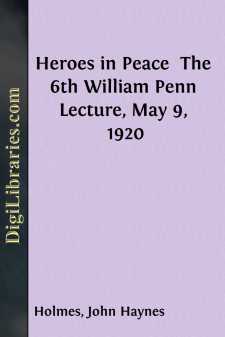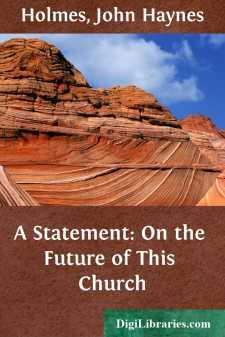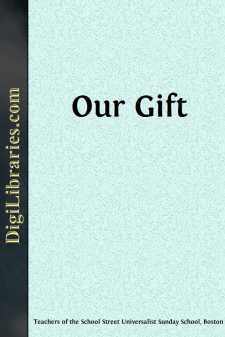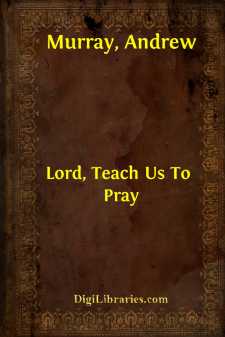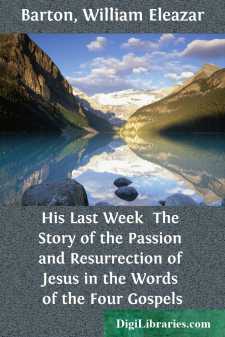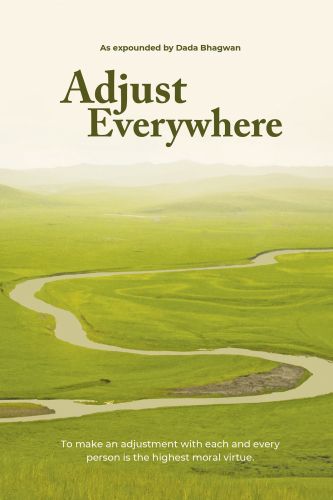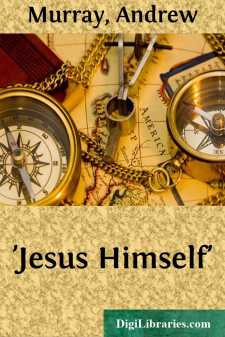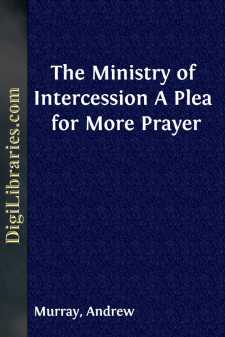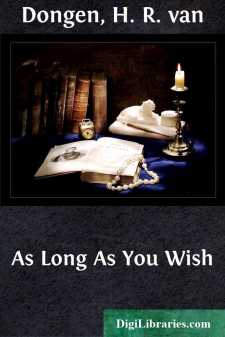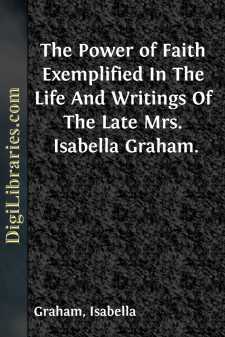Categories
- Antiques & Collectibles 13
- Architecture 36
- Art 48
- Bibles 22
- Biography & Autobiography 813
- Body, Mind & Spirit 142
- Business & Economics 28
- Children's Books 15
- Children's Fiction 12
- Computers 4
- Cooking 94
- Crafts & Hobbies 4
- Drama 346
- Education 46
- Family & Relationships 57
- Fiction 11828
- Games 19
- Gardening 17
- Health & Fitness 34
- History 1377
- House & Home 1
- Humor 147
- Juvenile Fiction 1873
- Juvenile Nonfiction 202
- Language Arts & Disciplines 88
- Law 16
- Literary Collections 686
- Literary Criticism 179
- Mathematics 13
- Medical 41
- Music 40
- Nature 179
- Non-Classifiable 1768
- Performing Arts 7
- Periodicals 1453
- Philosophy 64
- Photography 2
- Poetry 896
- Political Science 203
- Psychology 42
- Reference 154
- Religion 513
- Science 126
- Self-Help 84
- Social Science 81
- Sports & Recreation 34
- Study Aids 3
- Technology & Engineering 59
- Transportation 23
- Travel 463
- True Crime 29
Heroes in Peace The 6th William Penn Lecture, May 9, 1920
Categories:
Description:
Excerpt
This is the sixth of the series of lectures known as the WILLIAM PENN LECTURES. They are supported by the Young Friends' Movement of Philadelphia Yearly Meeting, which was organized on Fifth month 13th, 1916, at Race Street Meeting House in Philadelphia, for the purpose of closer fellowship, for the strengthening of such association and the interchange of experience, of loyalty to the ideals of the Society of Friends, and for the preparation by such common ideals for more effective work through the Society of Friends for the growth of the Kingdom of God on earth.
The name of William Penn has been chosen because he was a Great Adventurer, who in fellowship with his friends started in his youth on the holy experiment of endeavoring "to live out the laws of Christ in every thought and word and deed," that these might become the laws and habits of the State.
John Haynes Holmes, of the Community Church, New York City, delivered this sixth lecture on "Heroes in Peace," at Race Street Meeting House, on Fifth month 9th, 1920.
Philadelphia, 1920.
Heroes in Peace
In an essay published some years ago on Thomas Carlyle's famous book, Heroes and Hero Worship, Prof. MacMechan, a well-known student of literature in England, makes the following observation: "In 1840, 'hero' meant, most probably, to nine Englishmen out of every ten, a general officer who had served in the Peninsula, or taken part in the last great fight with Napoleon, and who dined year after year with the Duke at Apsley House on the anniversary of Waterloo. To most people 'hero' means simply 'soldier,' and implies a human soul greatly daring and greatly enduring."
What Prof. MacMechan here tells us about the Englishman of 1840 is equally true of the Englishman of today—is true, indeed, of all peoples in all ages of history. Heroism has nearly always been taken to imply physical courage; physical courage has always found its most terrible and dramatic expression in warfare; and, therefore, by a natural association of ideas, the hero has come to be identified with the soldier. When we think of heroes, we almost instinctively find ourselves thinking of armored champions of Greece and Rome, who were helped to immortality by Plutarch, whom Emerson calls "the doctor and historian of heroism"; of King Arthur, and his knights of the Round Table; of Harold and his men of iron on the field of Hastings; of the Crusaders, who marched to the East with the sword in the one hand and the crucifix in the other, to wrest the holy city from the profaning clutch of the hated Moslem. Or, coming down to the more modern times, if we speak of heroism to the Frenchman, he thinks of the first Emperor and the old guard which "dies but never surrenders"; to the Italian, he hails the names of Garibaldi and the Thousand; to the Englishman, he acclaims the "thin red line of heroes" who held the field of Waterloo, conquered India and Egypt, and recently defended the Empire from the onslaughts of the Germans. And the same thing holds true of the American! To you and to me, the word "hero" means George Washington and the ragged Continentals who starved and froze amid the snowdrifts of Valley Forge; Commodore Perry and the sailors who shattered the British fleet upon the waters of Lake Erie; General Grant and the boys in blue who fought and conquered General Lee and the equally heroic boys in gray. The national heroes of all countries are soldiers. Walk the streets of any city in any land, and everywhere you will see statues of military chieftains, as though these were the only heroes the world had ever produced who were worthy of commemorative monuments....


